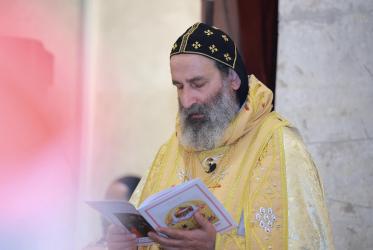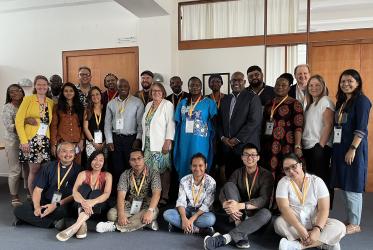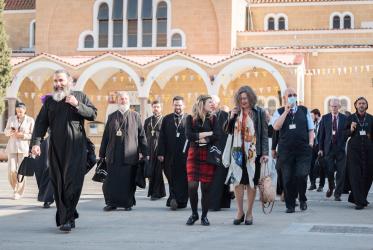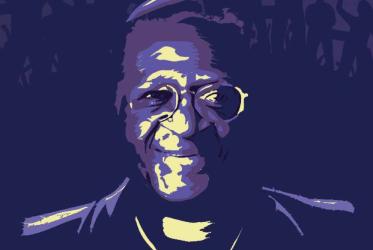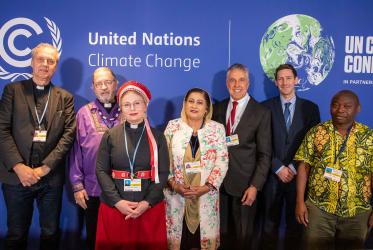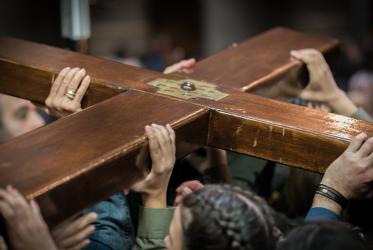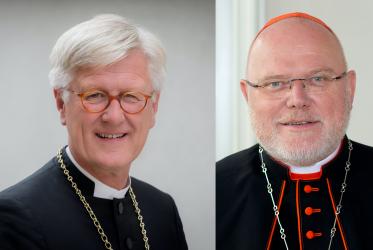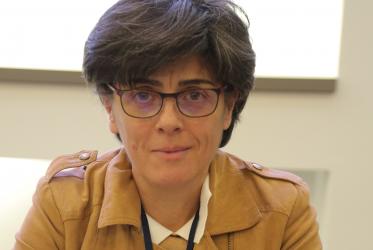Displaying 21 - 40 of 91
GEM School grounds economic justice biblically
06 July 2022
Tutu’s legacy: A Zoom panel celebrating “the Arch”
03 February 2022
WCC honoured with Geneva Engage Award
01 February 2022
Rethinking Ecological Relationships in the Anthropocene era
11 - 13 February 2021
Driven by God’s grace and a sense of duty
05 November 2020
Hope prevails in times of crisis in Lebanon
14 September 2020
